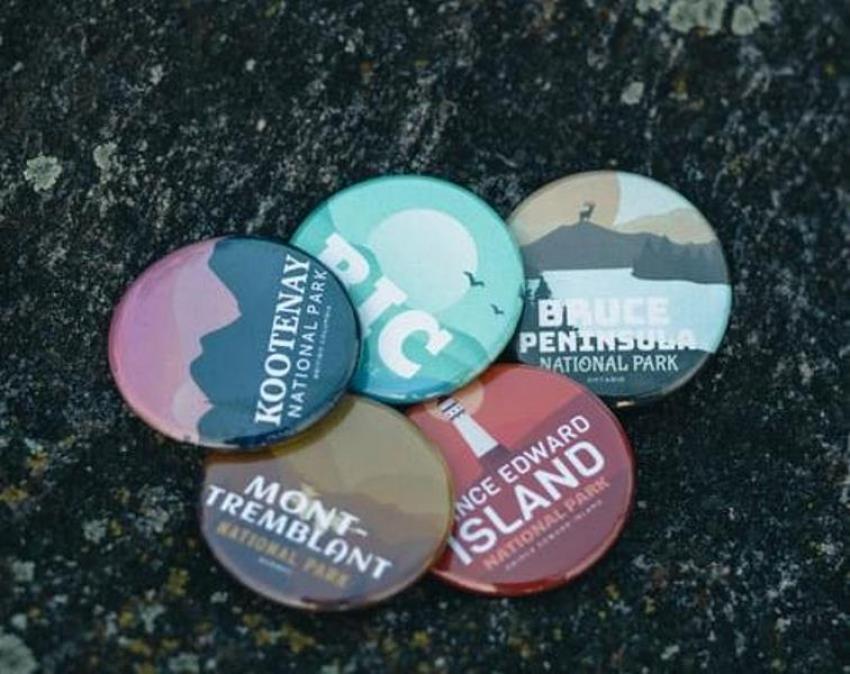NITN | @notintownlive | 18 May 2021, 07:25 am
 Restart Tourism
Restart Tourism
Image: https://unsplash.com/photos/ggul_KiqaG8
Madrid/IBNS: Intellectual Property (IP), such as trademarks, geographical indications, copyright, design or patents, etc. help a business create a distinctive identity in the market.
These help a business to protect its competitive advantage or add a revenue stream that may not have been possible otherwise.
In the tourism sector too, IP plays a key part in garnering business in many ways, including promotion of national culture or heritage.
Therefore knowing the right way to handle IP is one of the key tools to restart tourism in the new normal phase.
The World Tourism Organization (UNWTO) and the World Intellectual Property Organization (WIPO) have jointly published are report that focuses on the value of intellectual property in boosting tourism and shows how the IP system creates a favorable ecosystem for innovation, entrepreneurship and investment in the sector.
The publication, titled “Boosting Tourism Development through Intellectual Property,” highlights good practices, features case studies and recommendations for policymakers and other tourism stakeholders on how to ensure that creativity, innovation, traditions and cultural heritage in tourism are properly protected and commercialized and that the benefits are shared by all.
According to a joint Foreword by WIPO Director General Daren Tang and UNWTO Secretary General Zurab Pololikashvili, while the tourism sector has taken a hit during the COVID-19 pandemic, it will recover and “contribute to reigniting hard-hit economies and societies thanks to its capacity to adapt to changes and offer innovative solutions to new challenges.”
The Foreword also highlights that “the IP system is designed to promote creativity and innovation and support efforts by individuals, businesses and other actors to differentiate themselves and their products and services in the marketplace, whether through trademarks, geographical indications, copyrights or patents.”
The report provides practical guidance for non-IP specialists on how to include IP in tourism product development – from destination branding to tourism policies.
It shows how different IP rights can be leveraged to raise funds.
It also showcases successful experiences and how stakeholders around the globe are using IP rights to add value to tourism services and products, as well as to protect and promote local knowledge, traditions and cultural heritage.
Through examples of producing cheese, tea, pepper, wine or other products, the publication shows how geographical indications and appellations of origin can be used to support the growth of rural tourism and provide benefits to local communities.
To leverage the full potential of the IP system, the report recommends inclusion of IP strategies in national tourism plans and tourism policy strategy for regional and local destinations.
Not only does good IP knowledge and management help to make use of the protected intangibles, but it also attracts investments and leverages fundraising opportunities, the report said.
The report therefore urged tourism authorities to encourage stakeholders on the importance of appropriate IP knowledge and management to foster the sector’s growth in these challenging times.
- Dreaming about international travel? Union Budget just made it cheaper!
- Lost Your Indian Passport Abroad? Here’s What You Need to Do
- Tourists may soon check into a Moon hotel for a $1 million stay
- Why Your Hawaii Stay May Cost More After the Latest Tax Hike
- Tomorrowland Comes to Thailand with Its First Historic Asia Festival
- New Year, New Ride: PM Modi to launch first Vande Bharat Sleeper Train this month
- History's Most Dramatic Stories Are Buried in Washington D.C.-Here's Where to Find Them
- How a Winter Train Ride in Northern Norway Brings Travellers Closer to the Arctic Sky
- Ready for India’s first nature-themed airport terminal in Guwahati? PM Modi shares first glimpse
- Free shows, fireworks & all-night parties: Why Berlin is the place to be this New Year’s Eve
Gurgaon : Air India, India’s leading global airline, has unveiled a completely refreshed beverage collection, one that brings together some of the world’s most celebrated wines and spirits at 35,000 feet on international routes.
Indian airline major Air India today announced a significant enhancement to its popular Mumbai-Frankfurt route, with the deployment of its newly delivered, first line-fit (or made-for-Air India)
Saudia, the national flag carrier of Saudi Arabia, and Air India, India’s leading global airline, have signed a codeshare agreement that will take effect in February.





